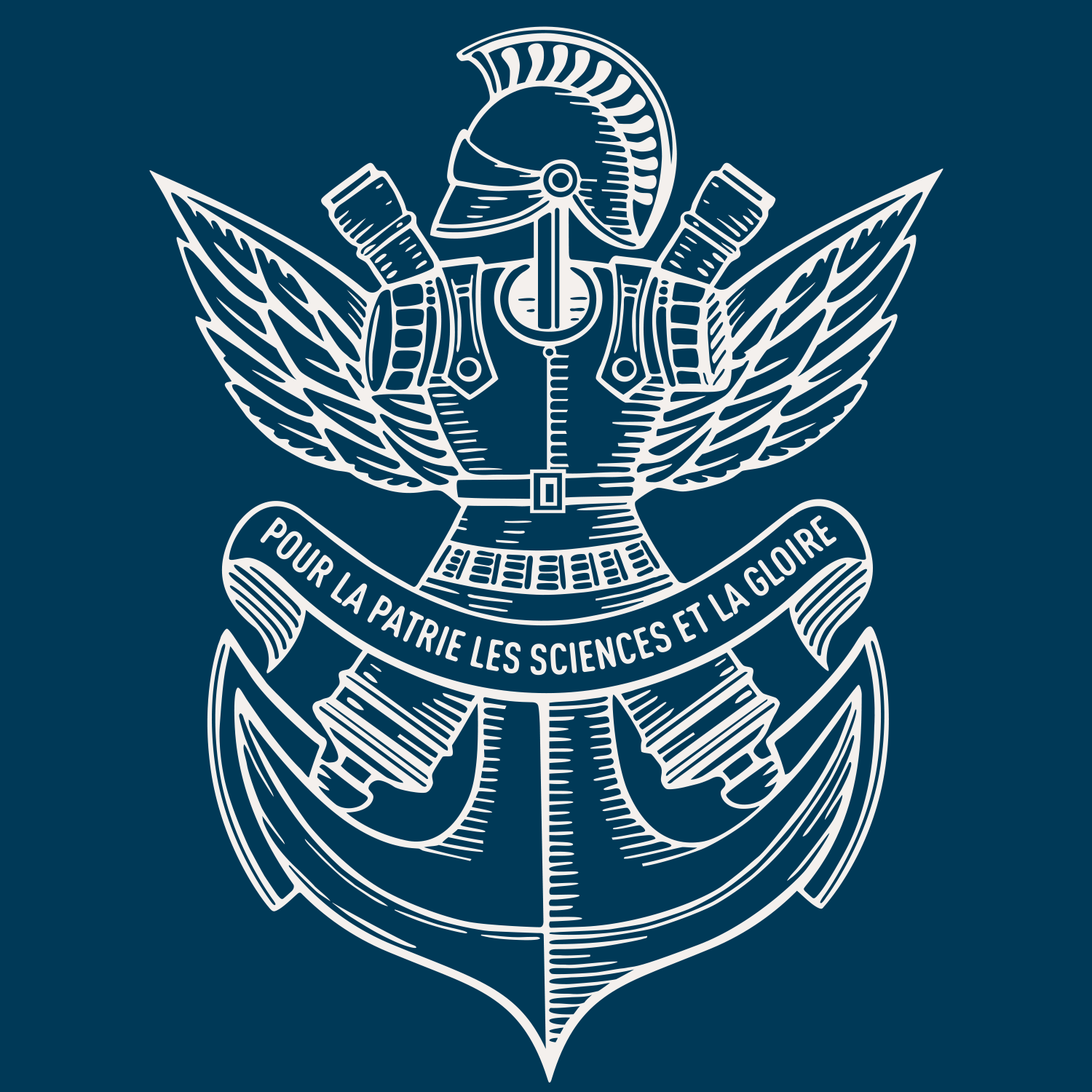Reactions of hydrated electrons (H2O)n- with formic acid
Résumé
The chemistry of gas phase hydrated electrons (H2O) n- with formic acid is studied by Fourier transform ion cyclotron resonance (FT-ICR) mass spectrometry. Black body infrared radiative dissociation and ligand exchange of water by formic acid molecules take place, accompanied by a small contribution of an intracluster redox reaction. During incorporation of the first formic acid molecule, the electron may recombine with the acidic proton and evaporate as a hydrogen atom, leaving formate as new cluster core. At long time scales, all water molecules are exchanged against formic acid, and three formic acid molecules are sufficient to stabilize the electron. For m = 3 and 4, slow formation of (HCOOH)m-1(HCOO -) is observed. This loss of hydrogen may be activated by collisions with HCOOH, resulting in [HCOOH + H] reaction products of unknown structure. © 2006 Elsevier B.V. All rights reserved.

